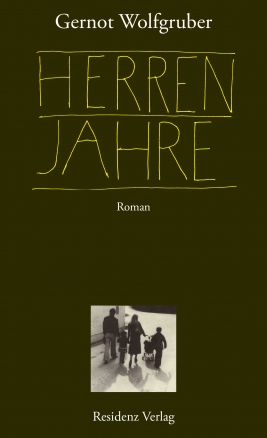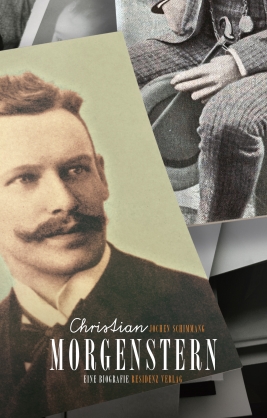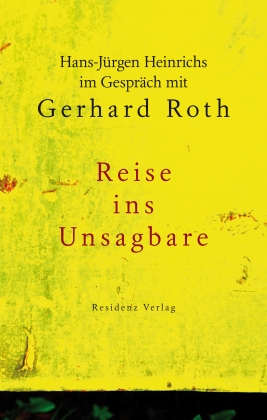
Gernot Wolfgruber - His Own Master
Novel
Gernot Wolfgruber’s 1976 classic “Herrenjahre” (“His Own Master”) – back in print at last
Following his time as an apprentice Bruno Melzer’s hopes for his time as His Own Master are not fulfilled. The dream of independence soon proves to be a fragile utopia. He undergoes a painful disillusion process doing monotonous work on a factory conveyor belt, then loses his remaining vestiges of freedom as a one night stand makes him a father. But along with the story of the worker Bruno, this famous novel paints a broader picture of social conditions and attitudes at the time, and remains highly relevant today.
Book details
360 pagesformat:125 x 205
ISBN: 9783701716616
Release date: 16.07.2015
License rights
- World rights available







